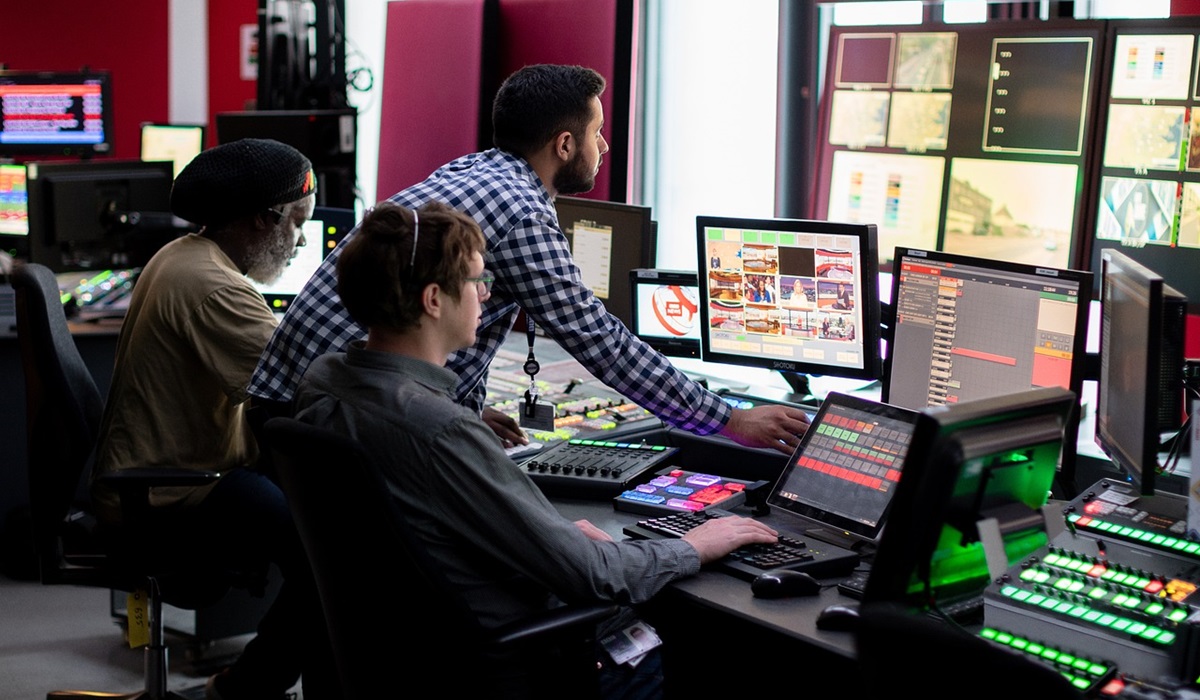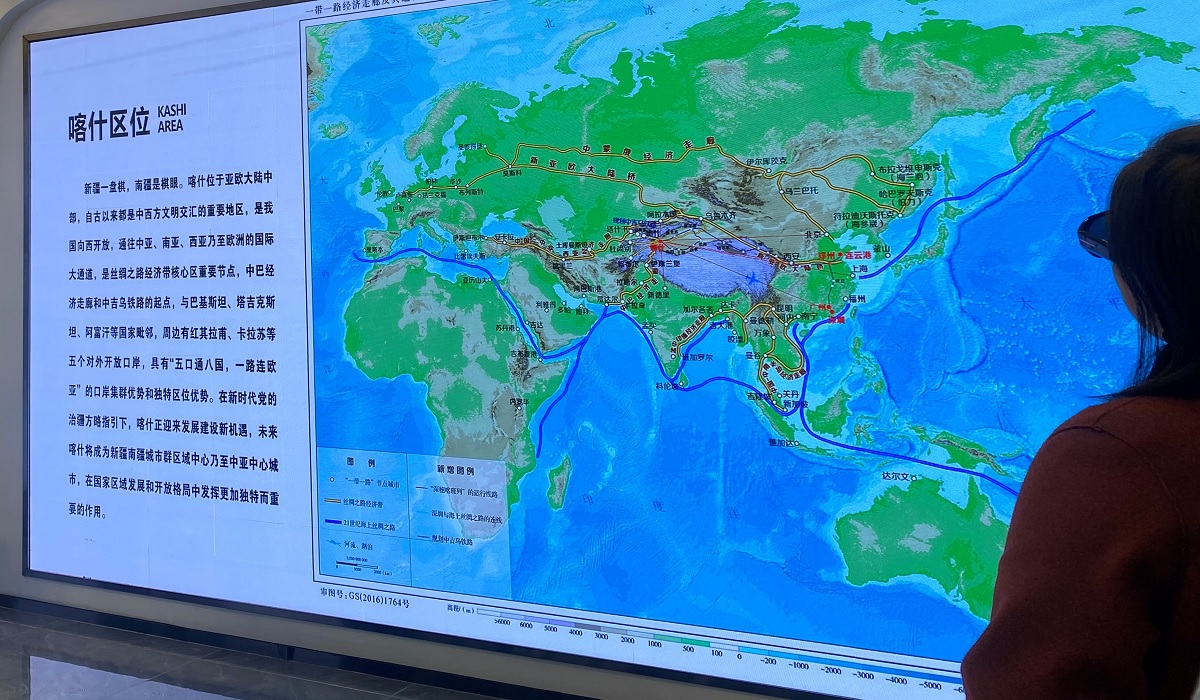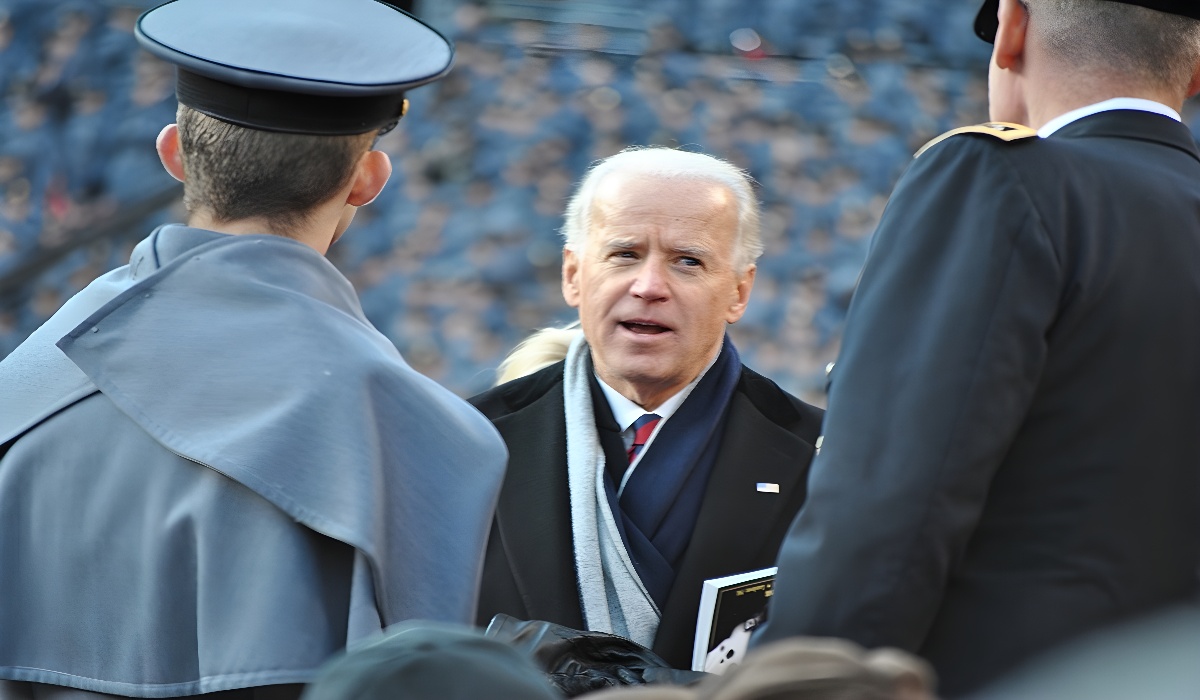Image credit, RAEng_Publications
The 2024 election looms, promising another fierce fight for hearts and minds. But the battlefield may not be solely debates and rallies; a subtler war rages within our own cognitive processes, fueled by media manipulation. By exploiting inherent biases, outlets can sway voters, often unknowingly, raising ethical concerns and endangering informed decision-making.
Confirmation bias, our tendency to favor information confirming existing beliefs, becomes a weapon. Algorithmic news feeds and echo chambers amplify this, creating filtered realities where opposing views are silenced. Headlines, crafted with “anchoring” and “availability” biases in mind, frame narratives with emotionally charged language or skewed statistics, influencing choices through fear or hope.
The “bandwagon effect,” our desire to belong, is another tool. Celebrity endorsements or carefully staged rallies present a candidate as the popular choice, swaying even critical thinkers. Children and the elderly, with developing or limited information access, are particularly vulnerable to such manipulation.
This raises serious ethical concerns. Media outlets wield immense power, influencing the very foundation of democracy. The responsibility to present information fairly and comprehensively becomes paramount.
But individuals also have a role to play. Recognizing these cognitive biases is crucial. Media literacy empowers us to question narratives, seek diverse perspectives, and approach information critically. Fact-checking, consulting multiple sources, and engaging in open discussions foster informed decisions, breaking free from the manipulation trap.
The 2024 election isn’t just about candidates; it’s about protecting our right to choose based on reason, not manipulation. By understanding the cognitive battleground and wielding the weapon of critical thinking, we can ensure a truly informed and empowered electorate.









